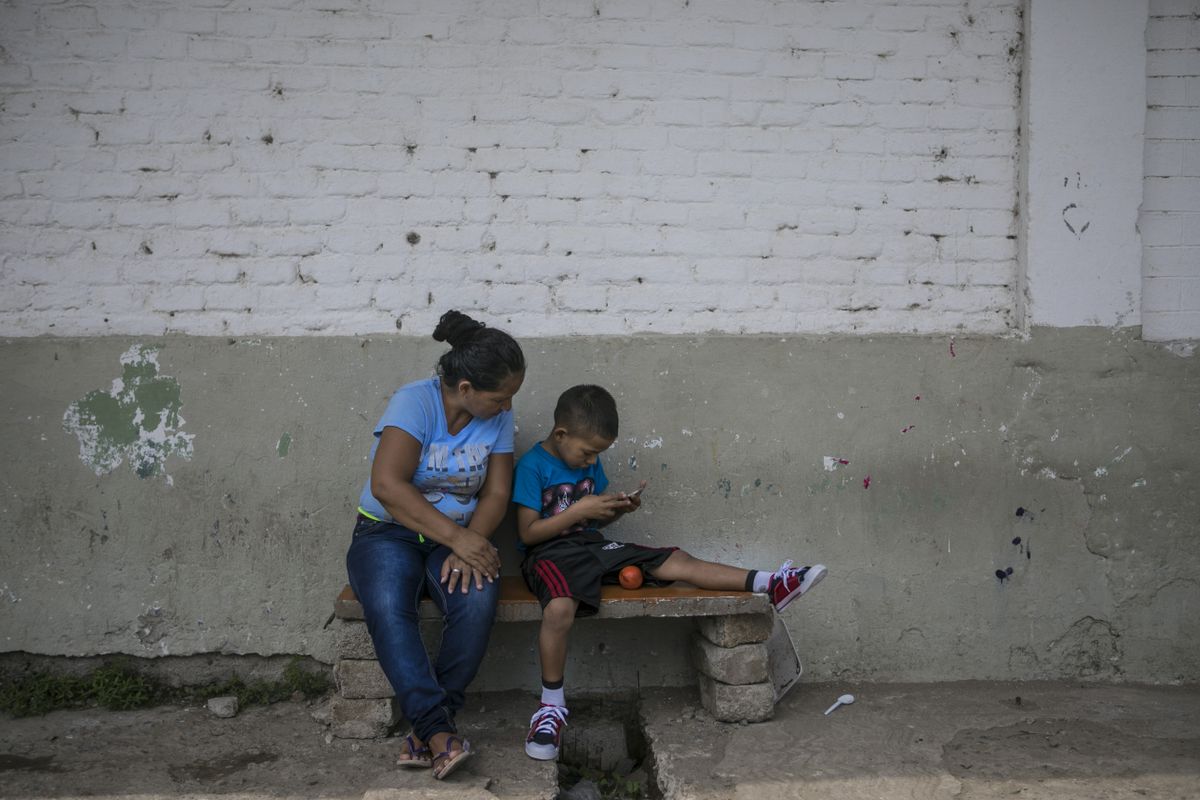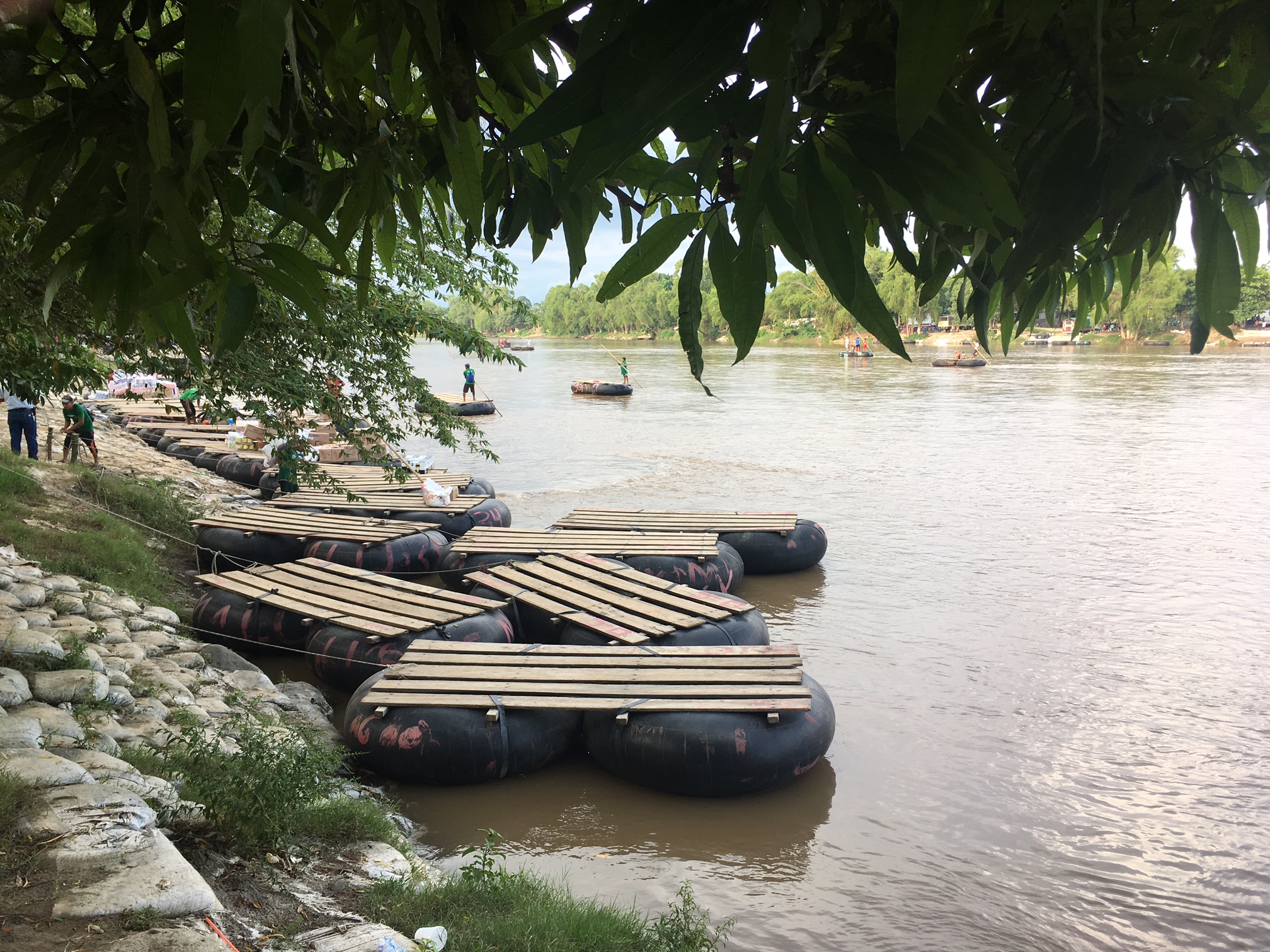Project October 26, 2018
Family Separation and El Salvador
Country:

For decades, U.S. immigration policies and border enforcement strategies have centered around deterrence: make conditions unpleasant and well-known, the thinking goes, and then people won't come. Prolonged detention, jail-like conditions, family detention, and the classification of repeated unauthorized crossings as a felony have been longstanding deterrence strategies; the newest strategy, of course, is family separation.
Is it working? How have these policies percolated through Central American communities where people are considering immigration—and what do they really change on the ground? The unauthorized migrant to the U.S. risks life and limb and can pay $8,000 to travel from Central America with a coyote. Given the risks and costs, migrants rely on information from social media, coyotes, and rumors to make the most informed choices about who to travel with, when to go, what routes to use, and what to do or say once they arrive in the U.S.
With Politico Magazine, Lauren Markham and Jose Cabezas report on the impacts of family separation policies on the ground in El Salvador and Mexico. As the rumor mills churn, how have these draconian U.S. border policies actually impacted the decisions, perspectives, plans ,and strategies of would-be migrants—and what strategies are human smuggling networks employing?
-
×
 English
English








